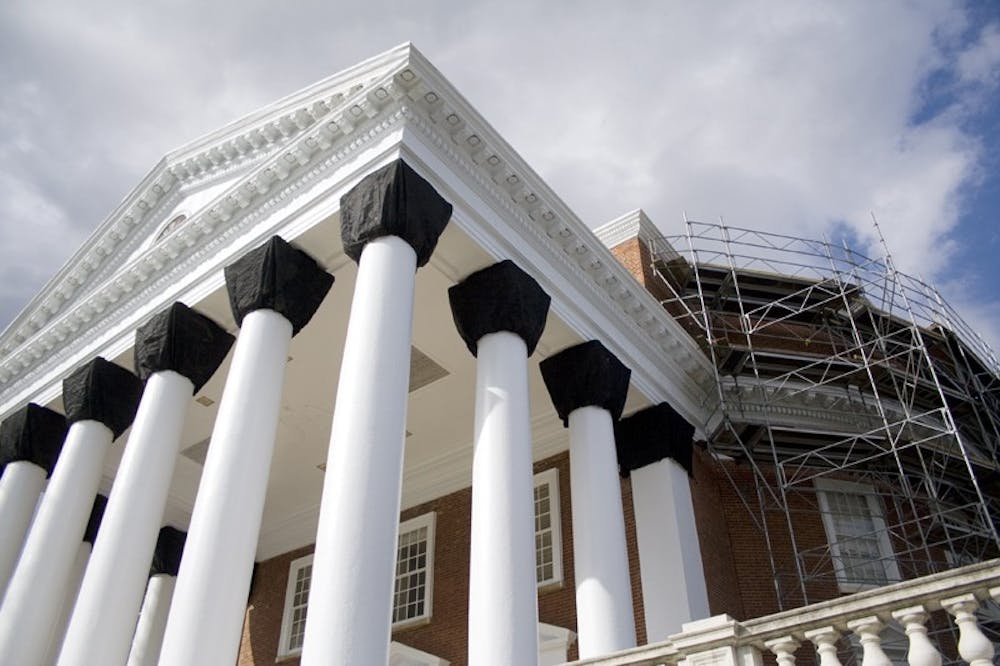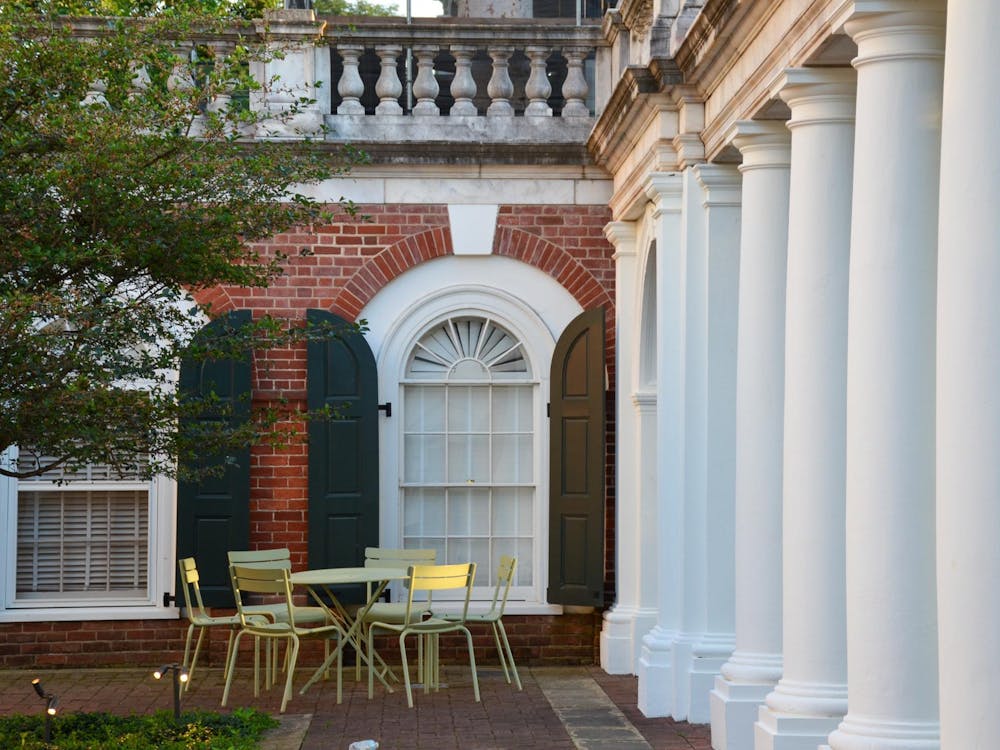University administrators are preparing a large overhaul of the undergraduate advising system in the next few years.
The proposed changes come after general student dissatisfaction the University’s existing advising system. The 2013 Student Experience in the Research University survey found 40 percent of University students are dissatisfied or very dissatisfied with pre-major advising.
“Higher education in general struggles to adequately meet the evolving and growing advising needs of students,” University President Teresa Sullivan said. “Our approach to total advising seeks to address these needs on several important levels, and provides an opportunity for U.Va. to play a lead role nationally.”
Sullivan’s strategic planning initiative, the Cornerstone Plan, includes the establishment of a “total advising” system. The plan, developed by groups of faculty, students and University administrators, aims to meet students’ needs in three key areas: personal, academic and career.
The academic side of the advising plan will be spearheaded by Assoc. Provost Archie Holmes and Vice Provost Maurie McInnis.
“The advising outcome we seek will require a diverse network of resources … [and] stakeholders,” Holmes said in an email “One of the main difficulties in changing things is to make a complex, diverse system — which is necessary to provide exceptional advising — more coordinated and integrated without stifling its ability to adapt and be innovative to meet the needs of students.
The co-chairs of Council’s academic affairs committee are leading focus groups to gather feedback on the advising process, with particular focus on first- and second-year students who have yet to declare a major, said Schuyler Miller, academic affairs co-chair and third-year College student.
By the end of the first year, the plan aims to expand the existing advising framework and strengthen peer advising. The second year will focus on implementing ideas developed from the working group. Student feedback on the changes will be solicited in years 3-5.
“We are just starting the conversations with students about academic advising,” Holmes said. “We also plan to start conversations about this topic with the faculty in the near future. After those conversations have happened, we will use the results to determine what changes might be needed.”







